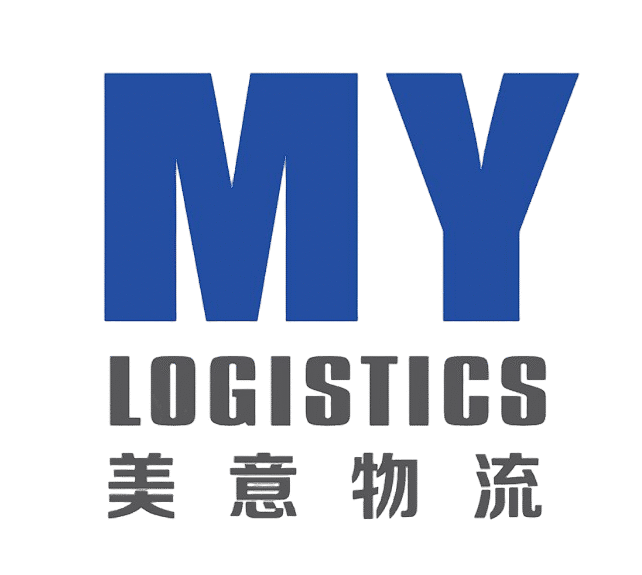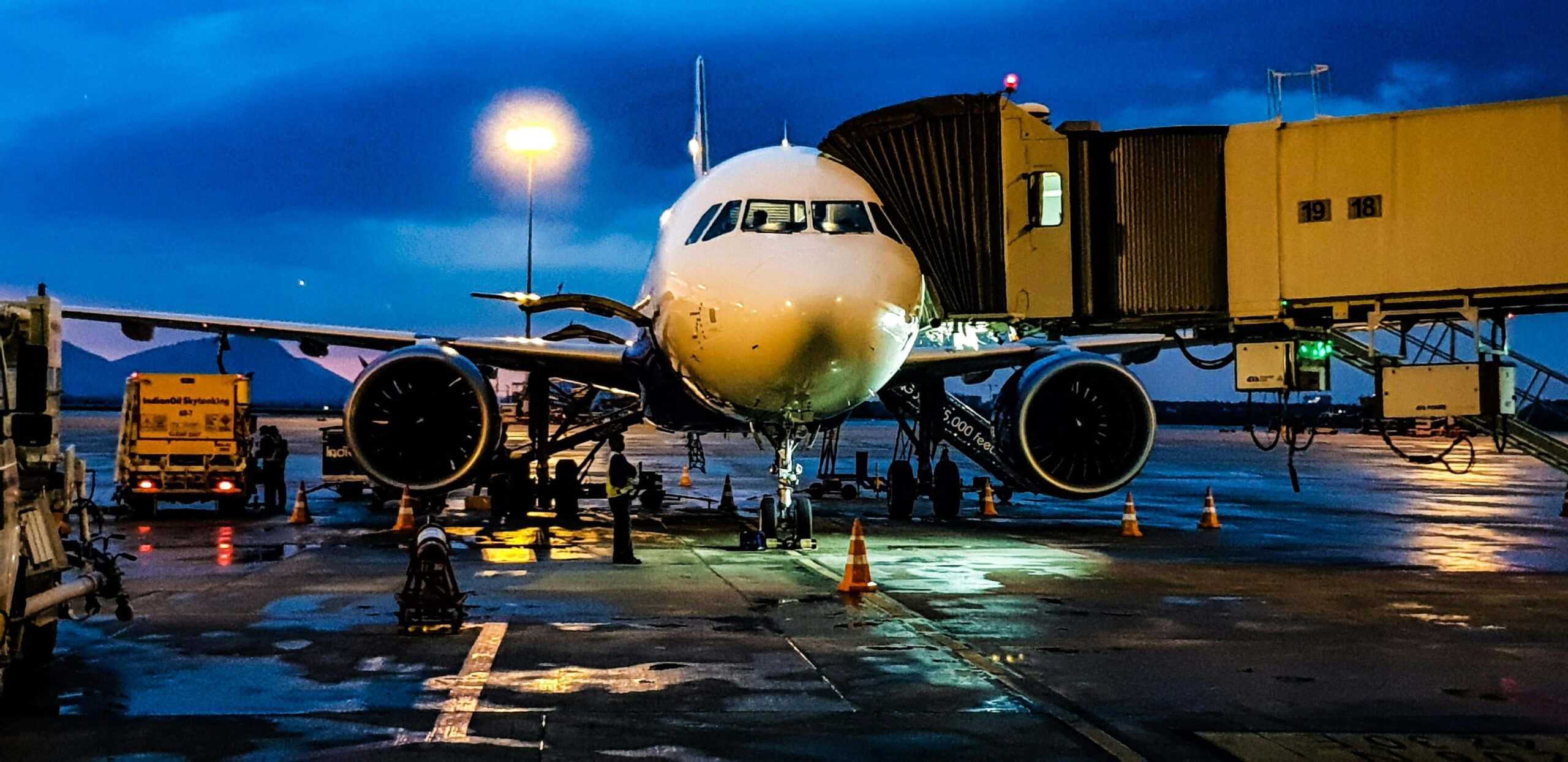How to Calculate Landed Cost for Your Imports: The Complete 2024 Formula
If you’re only looking at your product cost and shipping quote, you’re missing the full picture of what your imports actually cost. Many businesses discover their “great deal” wasn’t so great after accounting for hidden import expenses.
Here’s how to calculate your true landed cost – the total cost to get your product to your warehouse door.
The Landed Cost Formula
Landed Cost = Product Cost + Shipping/Freight Costs + Insurance + Customs Duties + Taxes + Other Fees
Let’s break down each component with real examples:
1. Product Cost
This goes beyond your purchase price. Include:
Unit price per item
Tooling/mold costs (amortized per shipment)
Quality control inspection fees
Supplier packaging materials
*Example: You buy 1,000 units at $10/unit = $10,000*
2. Shipping & Freight Costs
Many importers miss these hidden transport fees:
Main ocean/air freight charges
Fuel surcharges (bunker adjustment factors)
Terminal handling charges at both ends
Local trucking/drayage to port and from destination port
Warehousing/storage fees if needed
*Example: Ocean freight $2,000 + Fuel surcharge $300 + Trucking $400 = $2,700*
3. Insurance
Don’t skip cargo insurance – one damaged container can wipe out your profits.
Typically 0.3%-0.5% of goods value
Covers loss or damage during transit
*Example: $10,000 goods value × 0.4% = $40*
4. Customs Duties
This is where many importers get surprised:
Based on your product’s HS code and country of origin
Calculate as percentage of goods value
Use official government databases to check rates
*Example: 5% duty on $10,000 = $500*
5. Taxes & Tariffs
Varies by country but commonly includes:
Import sales tax/VAT/GST
Additional tariffs for specific product categories
Anti-dumping duties where applicable
Example: 10% VAT on ($10,000 + $500 duty) = $1,050
6. Other Hidden Costs
The most overlooked category:
Bank transfer fees for international payments (typically $30-50 per transfer)
Currency exchange rate fluctuations
Customs brokerage fees ($100-300 per shipment)
Compliance testing/certification costs
Quota license fees for restricted goods
Example: Bank fee $40 + Customs broker $200 = $240
Real-World Landed Cost Calculation
Let’s calculate a complete example for 1,000 ceramic mugs from China to USA:
Product Costs
1,000 units @ $4/unit: $4,000
Quality inspection: $150
Subtotal: $4,150
Shipping & Logistics
Sea freight: $800
Fuel surcharge: $120
Port fees: $200
Trucking to warehouse: $300
Subtotal: $1,420
Insurance & Risk
Cargo insurance (0.4%): $16.60

Government Charges
Customs duty (4.7% for ceramicware): $195.05
Customs brokerage: $175
Import VAT/Sales tax (10%): $415
Subtotal: $785.05
Total Landed Cost: $4,150 + $1,420 + $16.60 + $785.05 = $6,371.65
Cost Per Unit: $6.37
Notice how the $4.00 product becomes $6.37 by the time it reaches your warehouse.
5 Common Landed Cost Mistakes to Avoid
Forgetting currency conversion costs – bank rates often include 3-4% hidden margin
Using wrong HS codes – leads to incorrect duty calculations and potential penalties
Missing inland transportation – port-to-door costs can equal ocean freight on shorter hauls
Underestimating compliance costs – safety testing and certifications add up quickly
Ignoring payment fees – wire transfers and currency conversion eat into margins
Practical Tips for Accurate Calculations
Create a landed cost calculator spreadsheet with all these cost categories
Build 10-15% buffer for unexpected charges and currency fluctuations
Review HS codes with a specialist – small classification changes can dramatically affect duties
Factor in different shipping scenarios – air freight might be cheaper overall for high-value, low-weight items
Update calculations quarterly – freight rates and duty percentages change frequently
Next Steps
Now that you understand landed cost calculation, you can:
Make smarter sourcing decisions
Accurately price your products for profit
Identify cost-saving opportunities in your supply chain
Avoid surprises when your shipments arrive
Need help calculating the true cost of your next import? We provide detailed landed cost estimates that include all these variables – contact us for a free import cost analysis.
Related Posts
Toronto Auto Parts Return to Factory: Secure, Compliant Logistics for Automotive Components
Toronto Auto Parts Return to Factory: Secure, Compliant Logistics for…
Negotiating Freight Contracts: Getting the Best Rates and Terms
Negotiating Freight Contracts: Getting the Best Rates and Terms Negotiating…
Cross-Border E-commerce Logistics: Complete Setup Guide
Cross-Border E-commerce Logistics: Complete Setup Guide Building an efficient cross-border…

